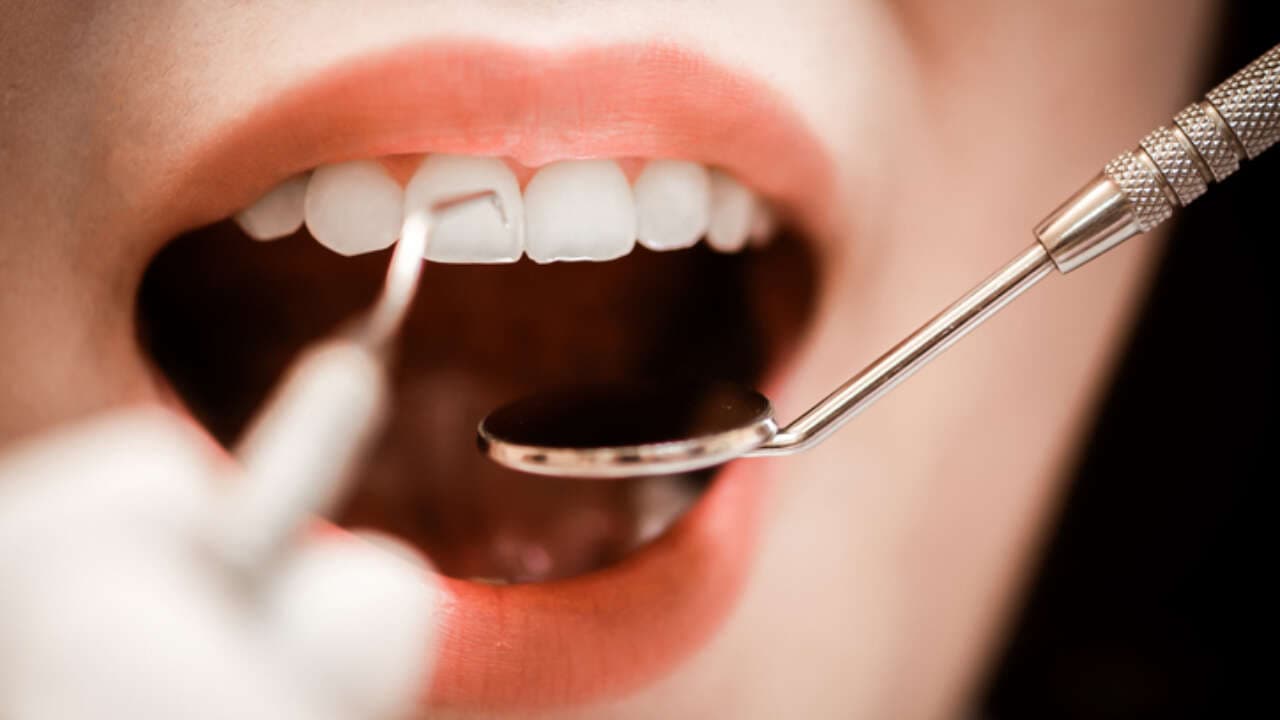
Symptoms and Causes of Tooth Pain
Tooth pain may present with a variety of symptoms, depending on the underlying cause. Common symptoms can include a sharp or throbbing pain, sensitivity to hot or cold food and drinks, swelling, pain when chewing, or bad taste or smell in your mouth. The most common causes of tooth pain include tooth decay, infections, gum disease, tooth fractures, teeth grinding, impacted wisdom teeth or a sinus infection.
If you are experiencing any of these symptoms, it's important to see a dentist asap to avoid the problem getting worse.

Treatment Options for Tooth Pain
Your dentist will recommend treatment based on the cause of your tooth pain. Options might include a filling or crown, root canal, gum treatment, extraction a night guard ( mouthguard ). It's best to come into the dental clinic straight away so we can assess what is the best option for you.

When to see a Dentist
If you’re experiencing tooth pain that persists for more than a day or two, or if the pain is severe, it’s important to see a dentist. You should also seek immediate care if you experience any of the following, swelling in your face or gums, fever or signs of infection (such as pus or discharge), difficulty swallowing or breathing or a tooth that is severely damaged, loose, or knocked out.
We can help you at Sleep Dentistry Melbourne!
If you're experiencing tooth pain, don't wait for it to worsen. At Sleep Dentistry Melbourne, we offer expert care to diagnose and treat the cause of your discomfort. Call us at 1300 255 600 or send us a message to schedule an appointment. We're here to help you get relief and protect your smile.


